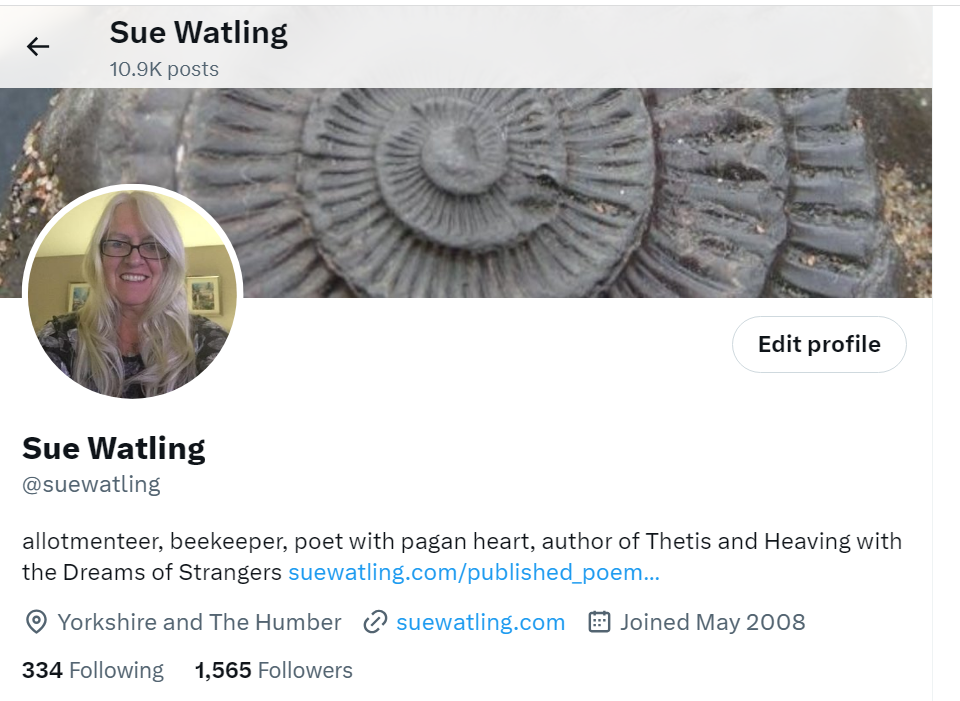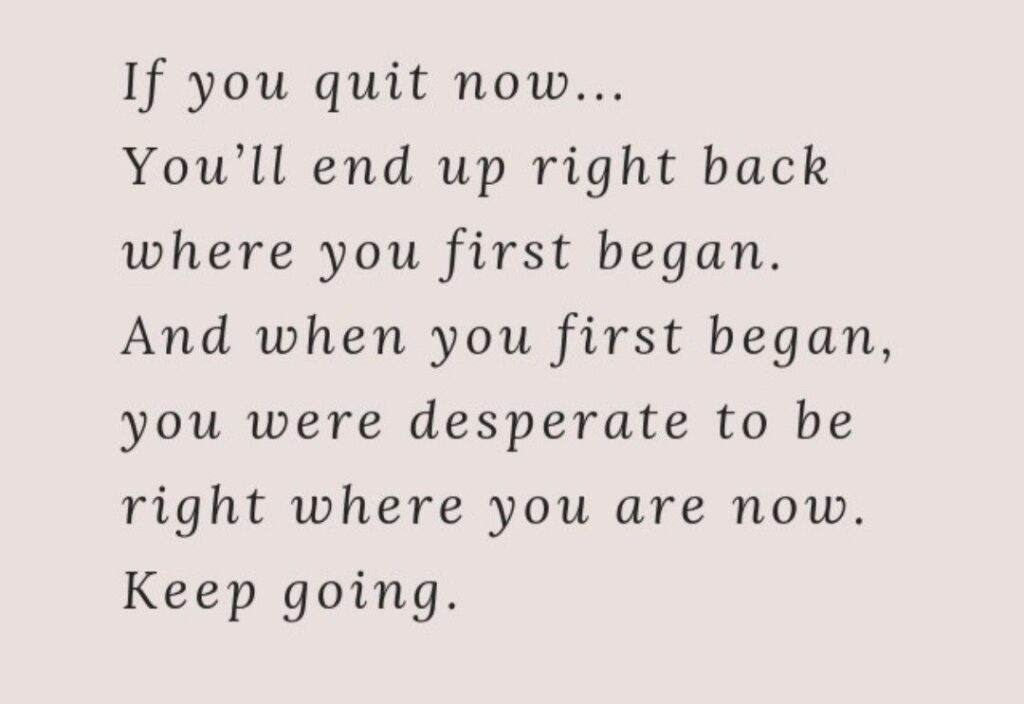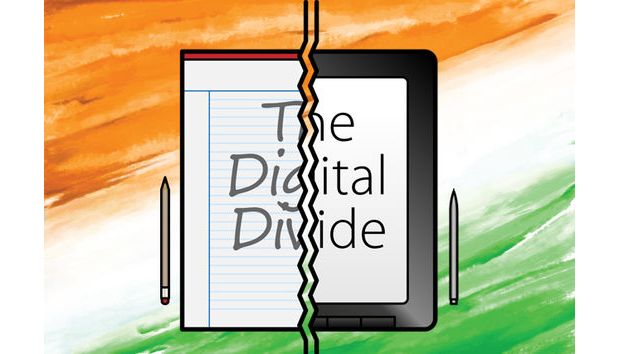shortest…
allotmenteer, beekeeper and poet…

middling version…

I left higher education development in 2019, a few months before the first Covid lockdown. Not the best of times to find yourself without structure but I no longer had the excuse of not enough time to write…
In 2020, I got my allotment plot under control and became a keeper of honeybees.
Throughout my career I’d written and published. Without that excuse clause, I returned to more creative writing, especially poetry. In the first year, poems were accepted by The Adriatic, Seaborne Magazine, Amethyst Review, DawnTreader, Saravasti, Dreich, Green Ink Poetry, ASP Literary Journal, Dream Catcher, The Ekphrastic Review, The Poetry Shed and High Wolds Poetry, amongst others. A poem published in the Stafford Green Arts Festival Anthology came third in their There Is No Planet B Poetry Competition and I made video contribuions to the Women of Words and Away with Words open mic events.
In early 2022, Dreich published my first collection Heaving with the Dreams of Strangers. Later that year, Esplanade Press published Thetis, a poetic narrative, which retold the Trojan war through the eyes of Thetis, mother to Achilles. A performance of Thetis via Rotunda Nights was cancelled due to Covid but finally took place in November at Gallery Six in Scarborough.
longest…
Where there’s a job there’s a blog!
My first was titled Sue Watling and hosted by the University of Lincoln, alongside the Walking the Labyrinth and Alphabet Dances. After leaving Lincoln, I started Ammonitie (Ammon-night-tee) which a sub-section TEL it as it is for tracking my new role in technology-enhanced learning at the University of Hull. This was followed by Digital Academic.
Leaving higher education in 2019 set me back to zero.
I wasn’t ready.
Despite a clutch of degrees and professional awards, it was hard to cope with the shift in identity. Unhealthy as it was, I’d measured myself through sector status and, although it sounds a bit dramatic, I needed to rethink and restart my life.

I’d always wanted time for more creative writing, so tried to approach the situation as a gift. When the going got tough, which it often did at the start, I’d read this quote above my desk.
If you quit now…you’ll end up right back where you first began. And where you first began you were desperate to be right where you are now. Keep going.
Delving further back…
Despite having analogue roots, my career always involved digital words. Initially a sub-editor in the scientific civil service in London, I gave up work to start a family – which was what you did back then! The word processor had arrived during my last year at work, supported by adverts declaring the end of Tippex, and these were soon followed by desk top computers. By the time I tried to return to work, the editorial and publishing world had moved on without me.
I began voluntary work. The first literacy tutor to use computers to teach English and Maths in my home town, I became an ICT (Information and Computing Technology) tutor for a range of adult, community and social care projects. It was the time of the European Social Fund – a decade when well-written grant applications for community work involving ICT were often successful. I specialised in word processing alongside computing courses for beginners, workplace returners and people with disabilities using assistive technologies. I also taught RSA word processing, moderated RSA, CLAIT and NICAS exams. It was the beginning of the massive digital shift in culture but, like so much social change, we more or less accepted it without asking too many questions.
After a decade of biking around the city, I took an opportunity to work as a sub-editor for a national charity. There I was introduced to internet chat forums and became intrigued at how digital communication was crossing traditional boundaries of time and distance. This led to a role as widening participation project officer in higher education, managing virtual links with partner schools and colleges. I sidestepped into education development and stayed there until 2019.
My original interest in accessible digital access for everyone upped dramatically when I experienced vision impairment. Overnight, I discovered the internet was not the accessible democratic place it claimed to be. True accessibility required web and internet developers to change their practice and this was not happening. I became a volunteer and then Trustee, for a local sight loss charity. During evenings and weekends, I supported individuals with a range of sight conditions to use computers and do their shopping online. It was a constant challenge, one which involved taking on giant supermarkets and organisations with inaccessible websites, in particular those which denied access to screen readers. Inclusion, alongside the social and cultural implications of adopting digital practice, became my work, interest and passion.

Then it all stopped. I lost my job, gave up my PhD, and was learning to live without an income when Covid-19 happened.
One of the biggest ironies of my life was how I’d spent decades shouting out the advantages, requirements and challenges of online education, but to a minority rather than majority of interest. Then, literally months after my role was restructured out of existence, the whole sector shifted online and I wasn’t part of it. Sometimes you get lemons!
Today my life revolves around my allotment, beekeeping, and writing. It’s taken time but I finally adapted to a different pace and life is okay. The allotment has never looked so good and the bees are amazing https://www.youtube.com/@suewatlinghoneybees